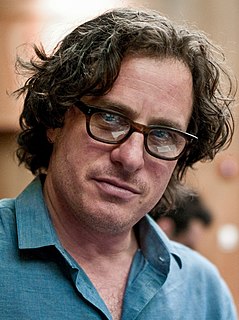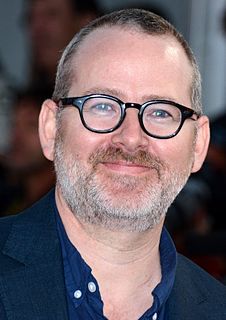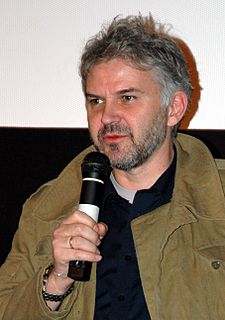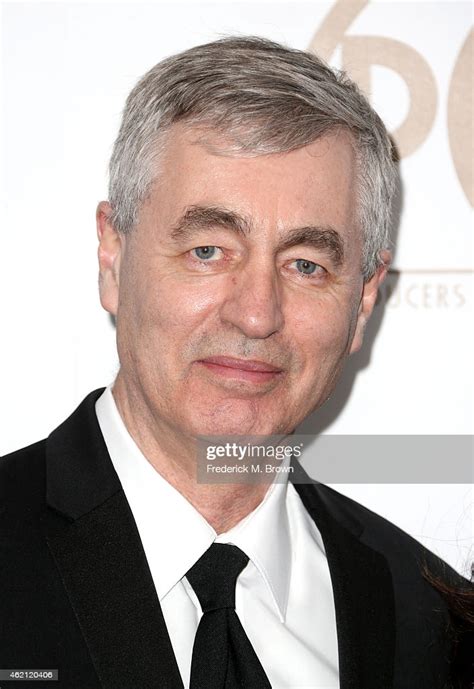A Quote by Todd Phillips
Reality television hasn't killed documentaries, because there are so many great documentaries still being made, but it certainly has changed the landscape.
Related Quotes
I started in documentaries. I started alone with a camera. Alone. Totally alone. Shooting, editing short documentaries for a French-Canadian part of CBC. So to deal with the camera alone, to approach reality alone, meant so much. I made a few dozen small documentaries, and that was the birth of a way to approach reality with a camera.
One day I decided to move towards documentaries or to move to more directing in documentaries at this point in my career. Why documentaries? I also love fiction. I would love to direct a fiction movie as well. But I think where I come from, reality is so interesting and has in it so many good stories to tell, this is why I'm doing that. I'm enjoying that.
There's no other way to learn about it, except through documentaries. I encourage documentarians to continue telling stories about World War II. I think documentaries are the greatest way to educate an entire generation that doesn't often look back to learn anything about the history that provided a safe haven for so many of us today. Documentaries are the first line of education, and the second line of education is dramatization, such as The Pacific.
One of the differences between real documentaries and reality television, besides the artificial construct of reality television, is that the people who are recruited to be on those shows, and the people who are interested in going on those shows, basically want to be famous. Or maybe they can win a million dollars or something.



































